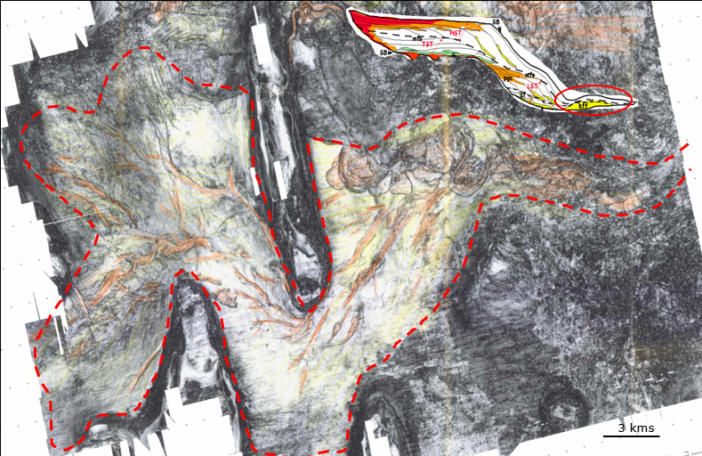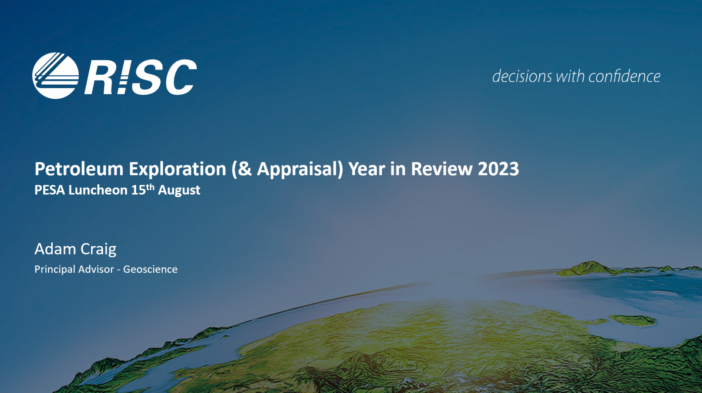
- This event has passed.
PESA ETSIG/CSIRO CCS Knowledge Transfer Series: Installment 4
Tuesday, 28 November, 2023 @ 11:00 am - 12:00 pm (Australia/Perth time)
Free – $10.00PESA ETSIG/CSIRO CCS Knowledge Transfer Series: Installment 4
The PESA Energy Transition Special Interest Group (ETSIG), in conjunction with CSIRO, is running the “CCS Knowledge Transfer Series” which aims to cover geological and geophysical aspects of CCS, focusing on the differences from oil and gas operations.
Further information about the series can be found here:
https://pesa.com.au/events/etsig-csiro-ccs-knowledge-transfer-series/2023-09-05/
Kindly supported by:

This live webinar will take place at:
11am – Perth
12.30pm – Darwin
1pm – Brisbane
1:30pm – Adelaide
2pm – Canberra, Hobart, Melbourne, Sydney
Use the calendar link on this page to add this event in to your own calendar at the correct local time for your location.
Tickets are free for PESA members (please log in to see this), free for members of the AGA, SPE, AAPG (Asia-Pacific) and the EAGE (Asia-Pacific). Tickets for non-members are $10 per episode.
Please buy your tickets and immediately follow the link in the ticket e-mail (not the calendar invite or this webpage, which is just generic and not event specific) to set up your registration with the webinar software well in advance of the time of the talk. Once registered with the webinar software you will receive a reminder e-mail 1 hour beforehand.
CCS Knowledge Transfer Series: Installment 4
Storage Resource Estimation and Injection Strategies – What’s Different About CCS? – Karsten Michael (CSIRO)
Abstract
For the successful implementation and regulation of CO2 geological storage operations, it is important to establish a reliable definition, classification, and estimation of storage resources. For this purpose, the Society of Petroleum Engineers (SPE) released the CO2 Storage Resources Management System (SRMS) following the concept of its industry-standard Petroleum Resources Management System (PRMS). The SRMS considers both technical and commercial factors and the major storage resource classes with increasing data knowledge and chance of commerciality are: Inaccessible Storage Resources, Prospective Storage Resources, Contingent Storage Resources, Capacity, and Stored. The volumetric estimation of storage resources involves the interpretation of the subsurface which has an inherent degree of uncertainty. Fundamental for elevating storage resources to a storage capacity is the evaluation of containment of the stored CO2 and, most importantly, injectivity considerations. Here, bigger is not necessarily better. Rather the capacity of a commercial CO2 storage operation needs to be sufficient to accept the planned volume of CO2 with emphasis on injection efficiency, safety and economics. Hence, actual injection or formation tests and containment assessment must provide a high confidence in the commercial injectability of the characterised geologic formation. Injectivity is constrained by the allowable bottom hole pressure, which should be safely below the reservoir fracture pressure or the pressure capable to activate any faults in the vicinity of the storage complex. Storage capacity could be increased, at a cost, by managing reservoir pressure through water production wells. Other than in petroleum operations, where production wells are generally completed at the top of the reservoir for production efficiency, CO2 injectors placed at the bottom or at the downdip portion of the storage complex may be the most efficient strategy for achieving maximum storage capacity.


